A Dundee University student will this month graduate with a Master’s degree in medical education, eight years after sustaining life-threatening injuries.
Lynn Ashdown had just completed her final exams to become a consultant family medicine physician when she collapsed suddenly, due to a previously undiagnosed heart condition.
As she fell, she suffered a traumatic brain injury, broke her neck, and suffered spinal cord damage in addition to the cardiac arrest.
Lynn had to learn to walk and talk again. But her experiences only made her more determined to complete her studies and change the medical profession for the better.
Upon emerging from a coma, she was told she might have minimal speech and possibly quadriplegia. She was in hospital for more than two years, all the time battling to overcome that prognosis.
“I had to come back from nothing after my accident,” she explains.
“It has been a long eight years as I had to learn to talk again and to adapt to not being able to walk and being a wheelchair user.”
She can no longer drive and will always require extensive medical and social care support to live in the community. But her studies became a focus for her.
Before the incident that changed her life, Lynn was combining her clinical practice with medical education.
She was taking Certificate and Diploma courses at Dundee as a distance learner from her home in Ottawa, Canada.
Giving patients a voice
With support, Lynn finished what she started, achieving her Masters with distinction – an incredible achievement for someone facing significant neurological challenges.
“I had a fantastic medical education, but my experiences taught me the human element is missing from the textbook skills we learn about how to diagnose and treat,” she says.
“Everything we do in medicine exists for the patient but they are often not given a voice.
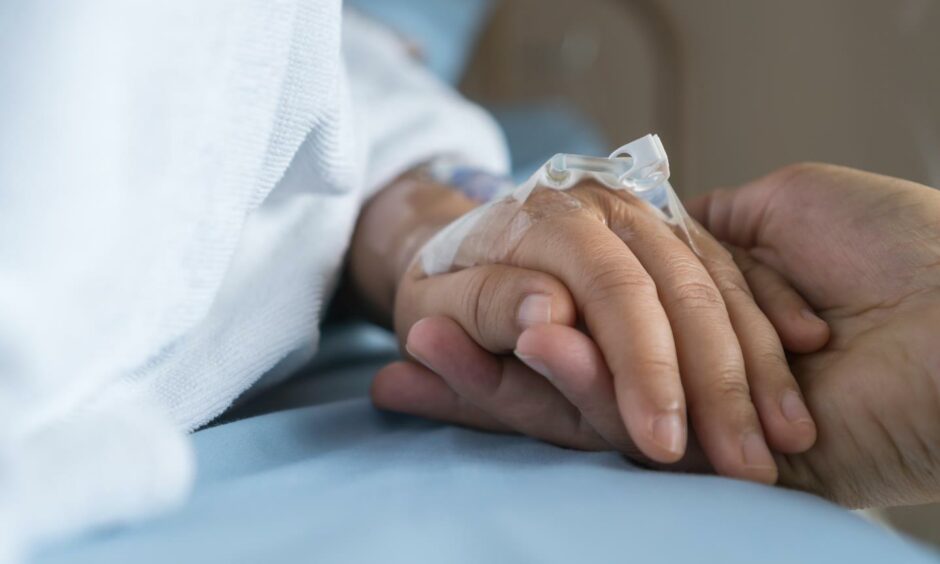
“I look back and think now how I would have done things differently.
“For example, one day a nurse told me to take some medication. I asked what it was and was told it was an antibiotic to treat a urinary tract infection. I didn’t even know they were testing my urine, let alone that I had a UTI.
Positive outcome
“There are almost 300 medications I can’t take in case they send me into cardiac arrest again, and they were trying to give me one of them.
“Eventually it got resolved, but what struck me was had I not been a doctor, I’d have been given, and taken, that contraindicated medication.
“Listening to patients can be the difference between a positive and adverse outcome.”
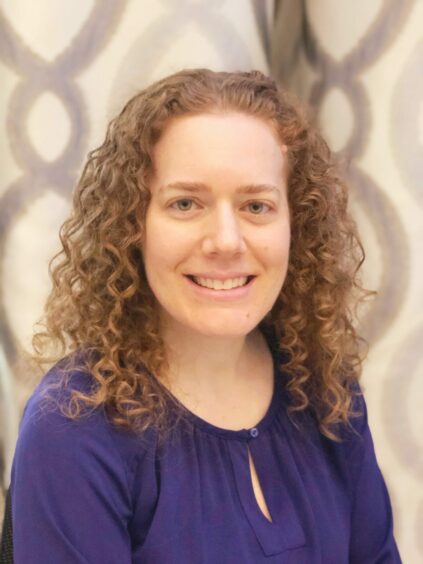
Lynn aims to continue research and activism after graduation. She’s writing a book and wants to act as an example of how disability need not stop people from pursuing their dreams.
‘Credit to my supervisor’
“If I’m being honest, I’d still choose to go back to my old life if I could but perhaps that will change over time” she continues.
“Having said that, I know I must make the most of what has happened to help other people. That’s why I’m striving to use my story for a greater good.
“I must give a lot of credit to my supervisor, Dr Linda Jones, and everyone else at Dundee University’s Centre for Medical Education.
“It would have been easy for them to dismiss me. But they truly understood my situation, and were willing to work with me and accommodate the limitations from my brain injury.”
- Dundee University’s graduation ceremonies take place at Caird Hall, June 22-24. Thousands of 2020 and 2021 graduates will also return from June 28 – July 1 for ceremonies delayed due to Covid.
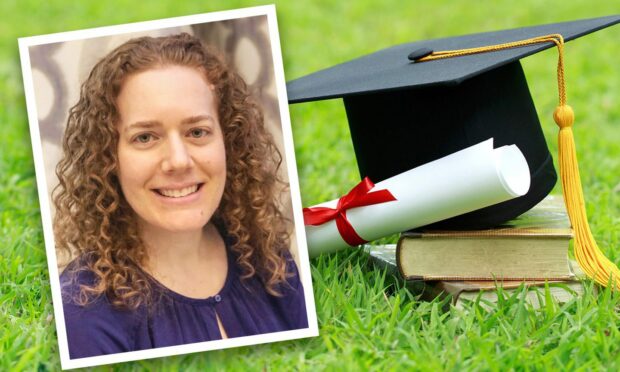

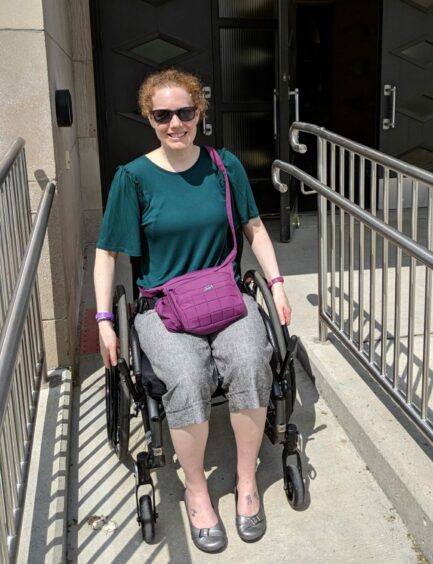






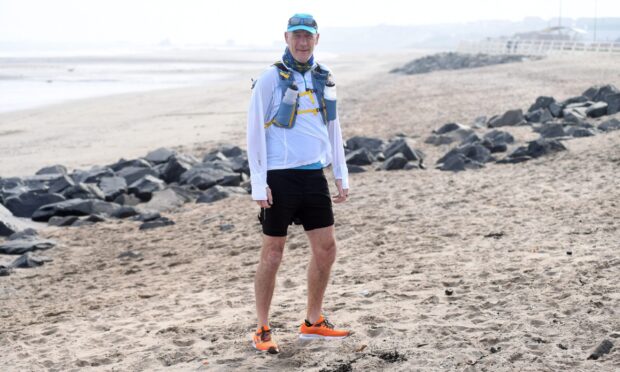
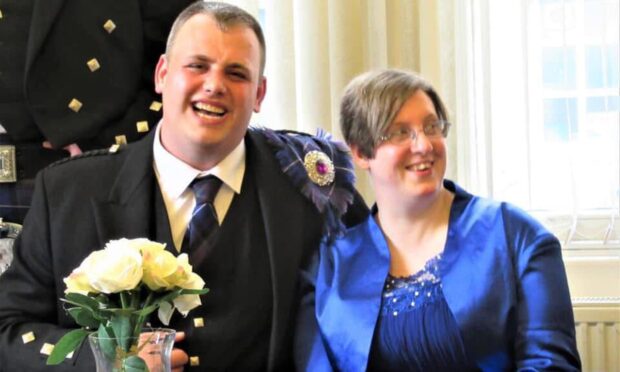
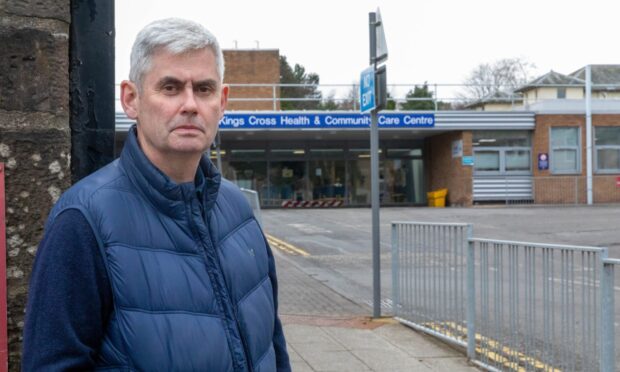
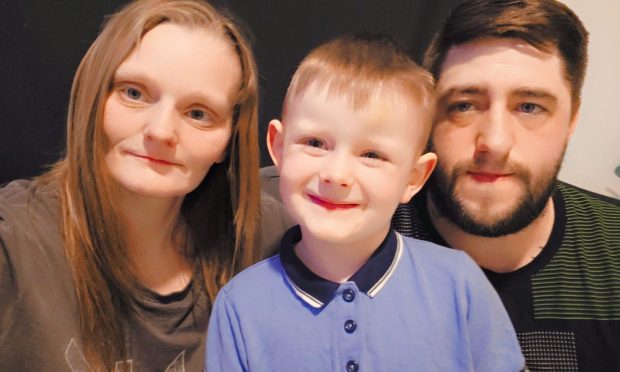
Conversation